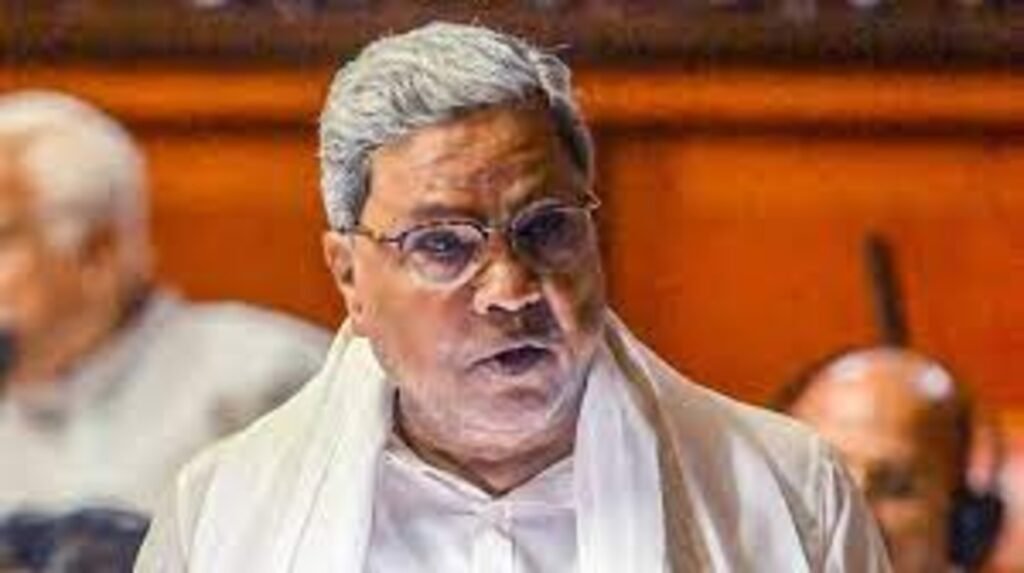August 25, 2023
Introduction
Amidst the longstanding Kaveri water dispute between Karnataka and Tamil Nadu, a fresh wave of tension has surfaced as Karnataka Chief Minister Siddaramaiah announced that his state will present arguments before the Supreme Court regarding the matter. This announcement comes as a response to Tamil Nadu’s recent petition in the Supreme Court over the contentious issue, which Siddaramaiah has deemed “not maintainable.”

The Kaveri River dispute has been a bone of contention between the two southern Indian states for several decades. The conflict revolves around the sharing of water from the Kaveri River, a lifeline for irrigation and drinking water for millions of people in the region.
Siddaramaiah’s statement reflects the complexity of the legal battle. He stated to ANI, “Karnataka will argue the matter because Tamil Nadu filed a petition asking the release of water, but the petition by Tamil Nadu is not maintainable as the Supreme Court has already given a verdict on the Kaveri dispute between Tamil Nadu and Karnataka on 5th February 2018.”
Tamil Nadu’s recent turn to Supreme Court
Tamil Nadu’s recent application urged the Supreme Court to direct Karnataka to fulfil its obligation of releasing 36.76 TMC (thousand million cubic feet) of water, as stipulated for September 2023 by the Kaveri Water Disputes Tribunal (CWDT)’s final award from February 2007, which was further modified by the Supreme Court in 2018. The application highlighted Karnataka’s alleged failure to fully implement the directions for releasing the specified quantum of 10,000 cusecs (0.864 TMC per day) of water, as directed by the Kaveri Water Regulation Committee (CWRC).
The contentious legal back-and-forth underscores the deep-seated tensions over water resources between the two states. The historical context of the dispute, along with the socio-economic implications, has added to the complexity of finding a resolution that satisfies both parties.
The Kaveri River dispute has not only been a legal challenge but also a matter of regional sentiment and political considerations. As the matter reaches the highest court in India, all eyes will be on the Supreme Court’s proceedings and eventual decision, which will have far-reaching consequences for both Karnataka and Tamil Nadu.
Conclusion
While both states continue to grapple with the water-sharing issue, the legal battle serves as a reminder of the importance of effective water management and conflict resolution mechanisms in addressing such complex inter-state disputes. The Supreme Court’s involvement will be crucial in determining the course of action that ensures a fair and equitable distribution of the KaveriK River’s waters, while also fostering cooperation and understanding between the states involved.
